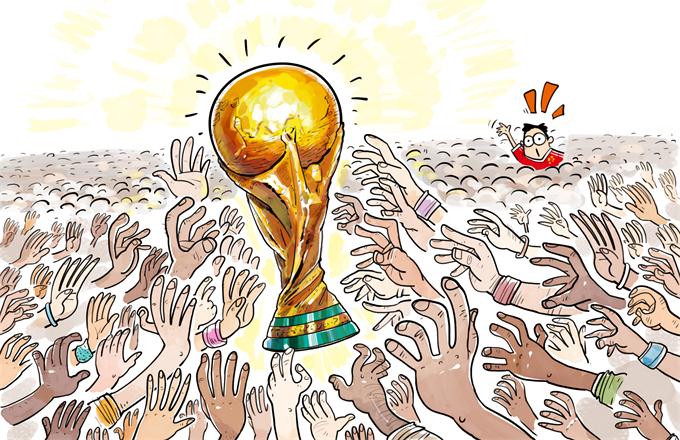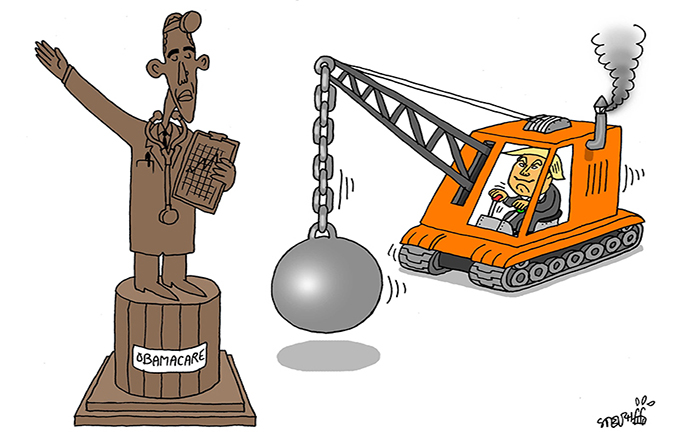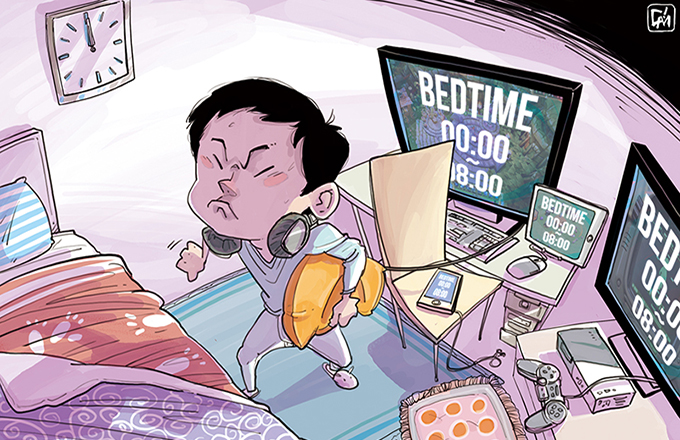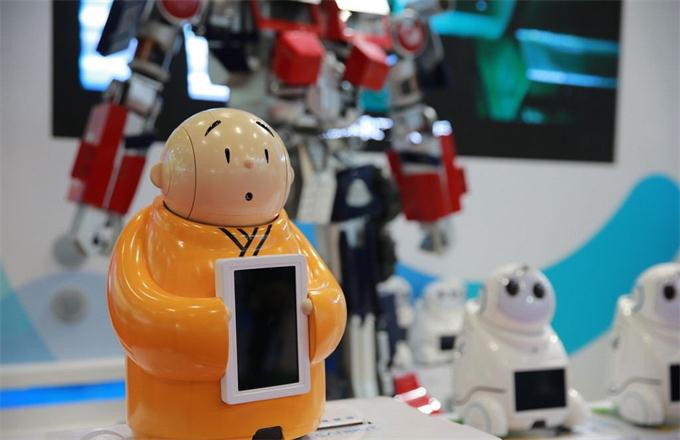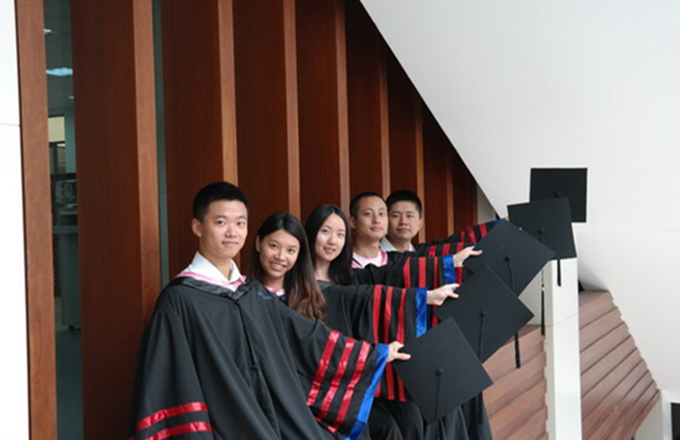Think before you laugh, he may not be a fish

A boy in East China's Zhejiang province accidentally became an online sensation after his photograph went viral recently. The photo, taken by his kindergarten teacher, shows him sitting at a table, his back to the camera at a slight angle, with a basin containing a big dead carp in front of him. The boy is flanked by five other children carefully observing goldfish in little fish bowls.
Believing it to be amusing, the teacher shared the photo on her weibo, or micro blog, with the caption, "My teacher asked me to bring fish for observation. I am proud that my fish is bigger than the other children's."
The photo, forwarded millions of times within a day, soon flooded other social media platforms. Thousands of people left messages below the post, recalling the most awkward thing they had taken to school as children.
The boy's father later explained to the media that his son had told him that his teacher had asked him to bring a fish to class, without specifying its type or size. Since he had just returned from a fishing trip, he gave his son a carp he had caught but did not feel like eating.
The incident struck a chord with many because they all had had similar experiences in their childhood. One netizen said he once took a bloody pig liver to kindergarten because he didn't realize the teacher was referring to tangerine, which sounds the same as pig liver in Southwest China's Chongqing dialect. Another said her mother struggled to dig out a sapling in the woods in cold winter as she had mistaken sketch paper for sapling because they sound similar.
Such episodes may sound funny, but they deserve some serious thought.
While some criticized the father for being "irresponsible" and making his son a laughing stock, others sympathized with those parents who always struggle to help their children finish all kinds of homework. Although it is the children who are assigned the homework, most of the work is actually done by their parents. For example, a handicraft-making homework usually turns out to be a creativity competition for the parents, not the children.
Besides, neither the Zhejiang boy nor his father was wrong because the teacher had not specified which sort of fish the students should bring to class. While most parents took it for granted that the teacher had asked for goldfish, the boy's father thought outside the box.
As the teacher jokingly said in her post, the child might not be aware something is wrong and might even be proud that his fish is bigger than those of the other children. A child should never be judged from an adult's perspective or forced to accept the so-called mainstream thinking. Instead, teachers should encourage children to think creatively.
Children are not products assembled on production lines. Their individuality and independent character should not only be respected but also encouraged. In the Zhejiang boy's case, mocking and laughing will only hurt the boy's self-respect. Ideally, the teacher should have taken the opportunity to teach the children the difference between edible fish and aquarium fish.
Children in kindergartens and primary schools usually cannot tell right from wrong. Teachers' reaction and feedback are always very important for them to form their own judgment, which will serve them well in later life. A small encouragement from teachers to children who do not follow the herd can help them grow up into different but socially conscious adults.
The writer is an editor with China Daily. lifangchao@chinadaily.com.cn





